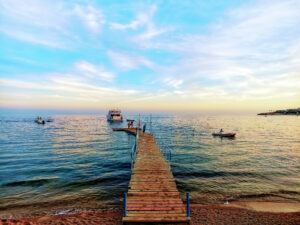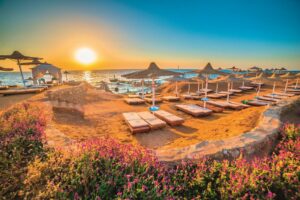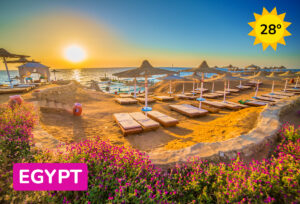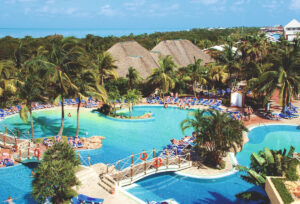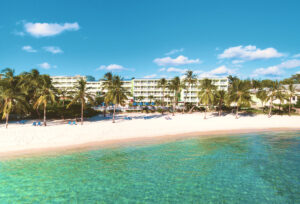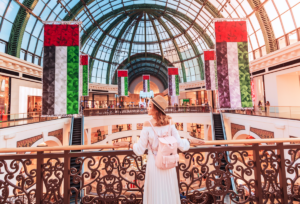A predominantly Muslim region, North Africa isn’t well known for its drinking culture. The overall amount of alcohol consumed in this area is fairly low, with the majority of beverages consumed being either beer or homebrewed liquor made from millet or maize. For strict religiously observant Muslims, alcohol is forbidden, although not always illegal. Places such as Algeria, Libya and Sudan are particularly stringent, whereas Morocco, Egypt and Tunisia hold a more relaxed view upon alcohol consumption. Be advised, though, that it’s uncommon in most parts of North Africa for women to drink alcohol, and so expectations may be more stringent if you’re female.
Algeria
The legal drinking age in Algeria is 18, however, as Muslim teaching forbids alcohol consumption, drinking isn’t a huge culture and it is not commonplace. For tourists it is best to stick mostly to high end restaurants and hotel bars in the main cities, where alcohol consumption is more common, and you can also trust the quality of the drink and the conditions it has been kept in.
Libya and Sudan
As strict Muslim countries, alcohol is illegal in Libya and Sudan. Tourists are advised to stay away from the black markets that sell beer, wine and spirits, as there are punishments for the unlawful purchase of alcohol. Locally brewed alcohol is, however, widely available—it’s still banned, but without going through the markets it often stays under the radar. It is best to stay well away from these home brews: it’s not uncommon for them to be made using unclean water, or even methanol and embalming fluid!
Egypt
Alcohol is not illegal in Egypt, although Islamic teaching disallows its consumption applies to Muslims. During Ramadan, however, alcohol is strictly forbidden for all locals and much more difficult to get hold of. Only foreigners are able to buy alcohol upon presentation of their passport as proof of identity, so it is best to check if the dates you visit coincide with this holy celebration. Outside of Ramadan, though, alcohol consumption is largely accepted for non-Muslims and tourists. If you are wondering if Egypt is safe to travel to, you can rest assured that the subject of alchohol is treated with a much more relaxed attitude than some of its neighbouring countries.
Morocco
Similarly to Egypt, Morocco tolerates the consumption of alcohol. There is no minimum legal drinking age but you must be 18 to buy alcohol. In larger towns and cities, particularly tourist areas, liquor is widely available in shops, bars and restaurants, and you can enjoy the Moroccan nightlife with popular beer brands such as Casablanca and Spéciale Flag. While this relaxed approach to alcohol remains high in the region, public drinking and overt drunkenness is not tolerated. Lone female travellers also may feel more comfortable drinking in restaurants rather than cafes, as cafes are traditionally male-only hangouts.
Tunisia
A progressive state, Tunisia has some restricted alcohol availability, though it can be found in most supermarkets and restaurants. Again, Muslim holidays are to be observed, forbidding most alcohol consumption for locals, making it hard to come by in shops. Female travellers are advised to stay in highly tourist populated areas or resorts, as some bars still refuse to accept women, and many local men still have a conservative viewpoint on this. Otherwise, feel free to try what is unique to Tunisia – particularly the local wine and boukha, a brandy made from figs.
Before you set off on your holiday, make sure you’re in the know about local custom. North Africa is full of relaxed and welcoming people, so when in doubt, just follow what those around you do – and you’ll be fine.
You may also like
EgyptMorocconorth africaTunisia
